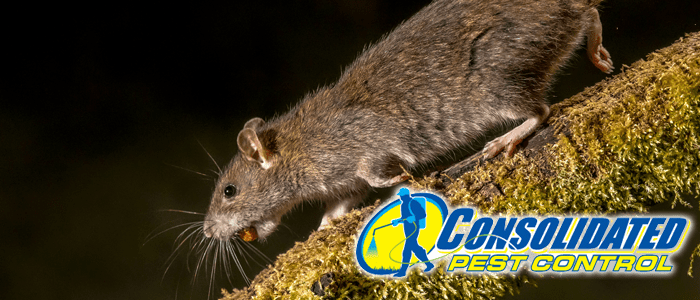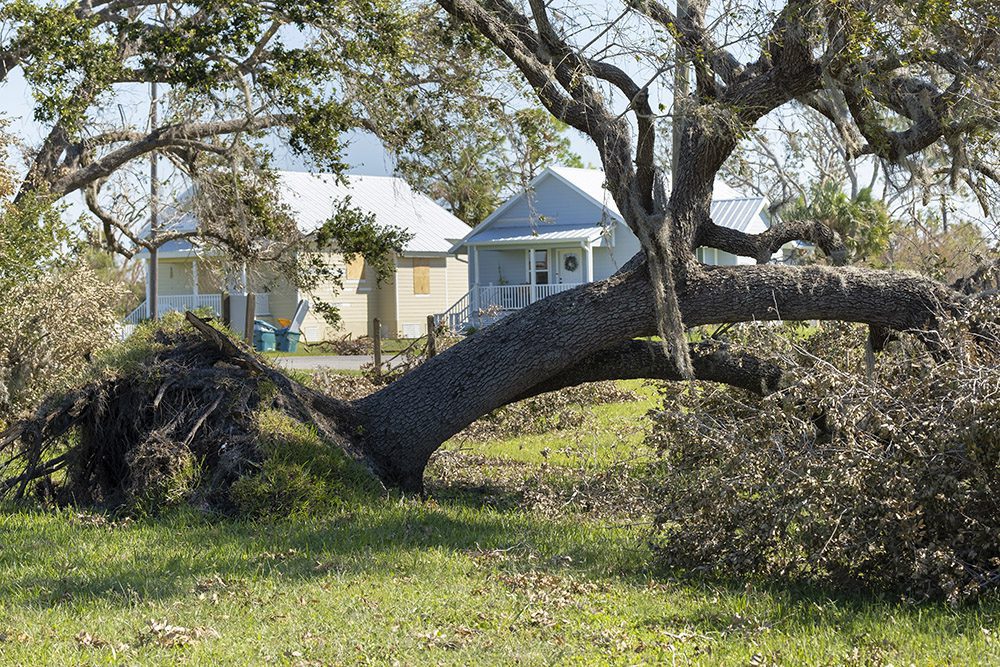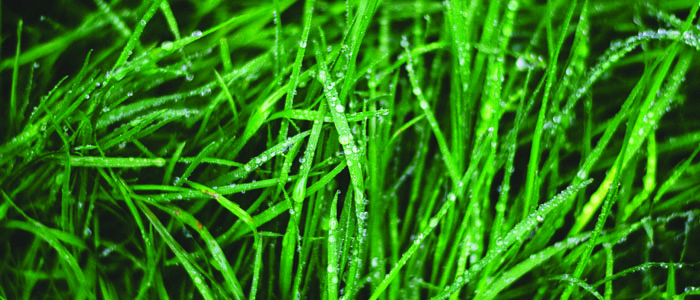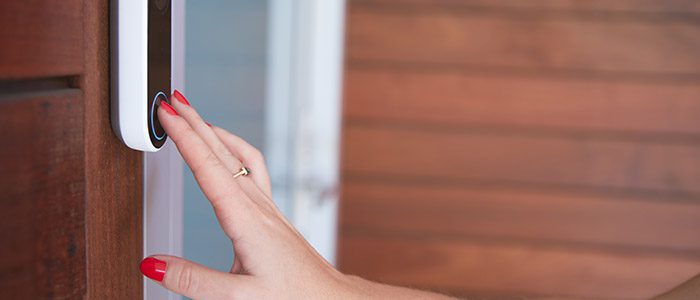
One of the last things that a homeowner wants to hear is that they have a rodent infestation on their hands. It is the pest equivalent of a punch to the gut. Pretty much everyone agrees that prevention is the best option available. However, what happens when it is past the point of preventing anything. How can homeowners know if they have a rodent infestation? Read on to learn the key signs that your house has a problem.
Keep An Eye On Your Pets
Generally, homes with pets on them drive away rodents. They want to find a space with no predators, and your dog or cat will happily kill a rat or mouse. However, the little rodents sometimes persist if they are desperate.
If that happens, your canine or feline companions might begin behaving strangely. Watch for behaviors such as barking, pawing, or focusing on some unusual key spaces. Those spaces might be hiding a nasty surprise. Under the refrigerator, stoves, or under low furniture are all common hiding spots.
Rubbing And Gnawing
This is one of the classic ways to spot a rodent infestation in any space. The most extreme form of gnawing is when the small holes are chewed into your walls by pests. Think of the mice’s hidey holes in Disney’s Cinderella, just much less cute and much more destructive. In addition to an actual hole, rodents tend to nibble on the edges, corners, and feet of wooden furniture.
In addition to the chewing, rodents rub up against walls. They press themselves up against the walls of the home when moving around in a desperate attempt to remain unseen. Unfortunately, rodents are pretty gross creatures, so they leave oily streaks against the wall while they move. While homeowners might not notice them at first, those mars eventually build until they are black and disgusting.
The Gross Part
When rodents get into your home, their waste does too. This is the truly disgusting part of an infestation that most homeowners hate the most. The most obvious form of waste is the rodent’s droppings (also known as poop) that they leave behind. Usually, rodent droppings are small and don’t smell too bad unless given the opportunity to pile up.
One of the best things you can do to help yourself eliminate an infestation is to save a small Ziploc baggy of the droppings. Different types of rodents have very different droppings, so saving or taking pictures of some is helpful for your pest control contractor.
Rodents also leave behind urine. Much like the droppings, the urine smell is not bad at first, but quickly builds. The odor is musty and very smelly, like a trash can that has not been taken out enough.








